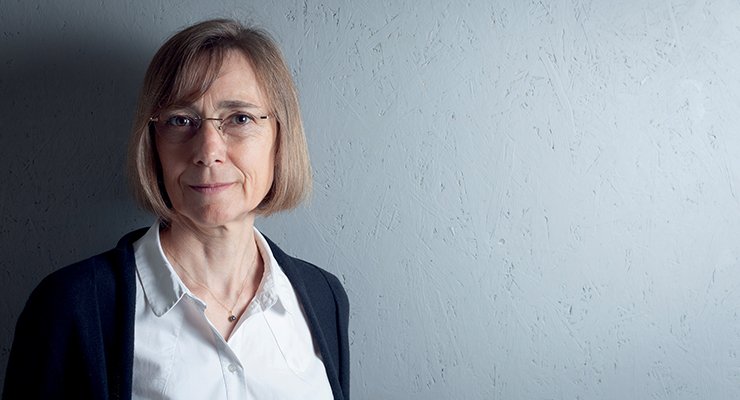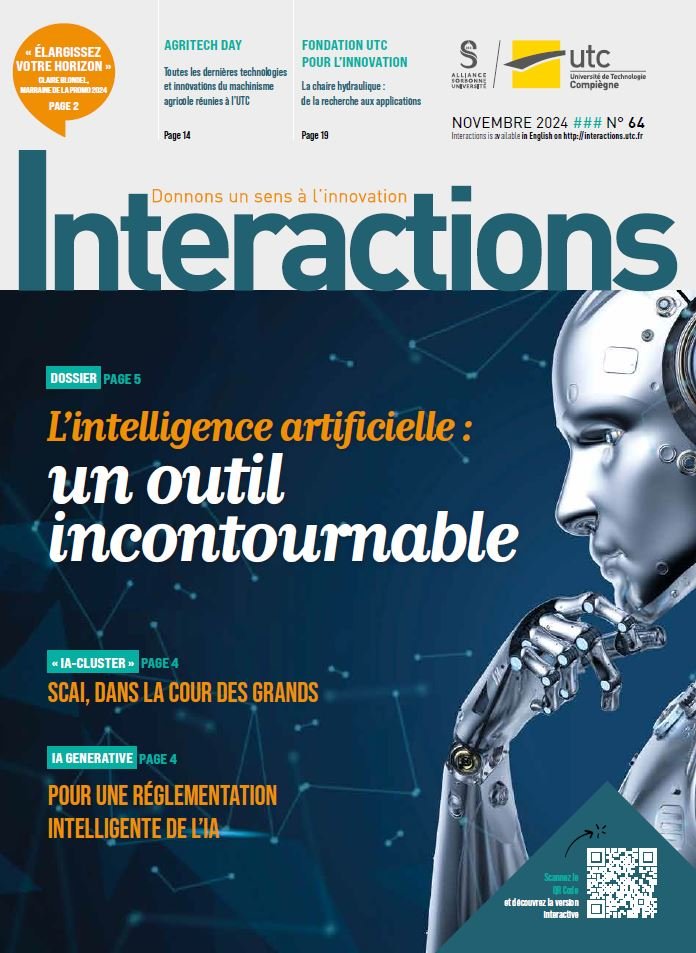Boosting the establishment’s TEES policy

Isabelle Cailleau is a lecturer-cum-research scientist in Information and Communication Sciences in UTC’s TSH department; she teaches and conducts research in digital literacy. She has been a member of the Academic Board since 2021 and, since June 2023, is Director of Ecological Transition and Societal Engagement (TE&ES).
For several years now, UTC has been evolving in order to meet societal challenges, including those of ecological transition. ‘In 2022, a consultation was launched. Working groups on different themes were set up to define the actions to be taken. After her appointment as head of the university, Prof. Claire Rossi wanted to extend this approach by creating a functional department dedicated to TE&ES. My main motivation for applying was to contribute to UTC’s TE&ES policy by involving the whole community,’ she explains.
It is an eminently cross-disciplinary mission which “involves coordinating everything to do with TE&ES, both internally, by mobilising all of UTC’s entities on the subject, and externally with partners such as the UT group or the Sorbonne University Alliance, for example. It is also crossdisciplinary, covering governance, teaching and training, research and innovation, campus life and social policy’, she adds.
It’s an ambitious mission that Isabelle Cailleau and others at UTC have taken on. ‘I had the opportunity to recruit a permanent project manager. In addition, three colleagues have been appointed for four years to work on the most demanding subjects: education, research-innovation and UTC’s interaction with Society. We have also chosen to have representatives from all the entities, people chosen by the functional directors or the directors of support services, for example, so that they can participate in the TE&ES approach. For my part, I started with an immersion phase to find out more about what is being done internally, and also to establish the external network’, she assures us.
Among the projects currently underway? ‘Since February 2024, we have launched a major project, the Sustainable Development and Environmental and Social Responsibility (SD&ESR) master plan, the aim of which is to structure and expand UTC’s TEES approach for the period 2024–2028. In fact, since June 2023, the Ministry has provided all higher education establishments with a set of specifications in the hope that they will adopt an SD&RSE master plan. Nearly 120 people are involved in the construction of this master plan around eleven themes, including responsible purchasing, the institution’s interactions with Society, teaching and training, research-innovation, reducing the environmental footprint, sustainable mobility, etc.,’ concludes Isabelle Cailleau.
MSD




